Introduction
Permit management is a crucial aspect of the material handling industry. It involves obtaining the necessary permits and complying with regulations to ensure safe and efficient operations. In this blog post, we will explore the importance of permit management in the material handling industry and discuss some key considerations for effective permit management.
The Importance of Permit Management
Permit management plays a vital role in ensuring the safety of workers, protecting the environment, and maintaining compliance with legal and regulatory requirements. By obtaining the necessary permits, material handling companies can demonstrate their commitment to responsible and sustainable operations.
Permits are typically required for various activities in the material handling industry, such as the installation and operation of equipment, storage of hazardous materials, and transportation of goods. These permits help to prevent accidents, mitigate risks, and minimize the impact on the surrounding environment.
Effective permit management also contributes to operational efficiency. By having the necessary permits in place, companies can avoid costly delays, interruptions, and legal issues. It allows them to focus on their core business activities without worrying about non-compliance penalties or reputational damage.
Key Considerations for Effective Permit Management
1. Understanding Regulatory Requirements:
It is essential for material handling companies to have a comprehensive understanding of the regulatory requirements related to their operations. This includes identifying the permits needed, the application process, and any specific conditions or restrictions associated with each permit.
2. Documentation and Record-Keeping:
Proper documentation and record-keeping are crucial for effective permit management. Companies should maintain accurate and up-to-date records of all permits, including application forms, approvals, renewals, and any correspondence with regulatory authorities. This helps to ensure compliance and simplifies the process of permit renewal or modification.
3. Proactive Planning and Timely Renewals:
Material handling companies should adopt a proactive approach to permit management. This involves planning ahead and initiating the permit application process well in advance to avoid any last-minute complications or delays. It is also important to keep track of permit expiration dates and ensure timely renewals to maintain compliance.
4. Training and Awareness:
Employees involved in material handling operations should receive proper training and awareness regarding permit requirements and compliance. This includes understanding the importance of permits, knowing the specific requirements for their roles, and being aware of any changes or updates to regulations.
5. Collaboration with Regulatory Authorities:
Building a positive relationship and open communication with regulatory authorities is beneficial for effective permit management. Companies should proactively engage with the relevant authorities, seek guidance when needed, and promptly address any concerns or issues raised during inspections or audits.
Conclusion
Permit management is a critical aspect of the material handling industry. It ensures compliance with regulations, promotes safety, and contributes to operational efficiency. By understanding the regulatory requirements, maintaining proper documentation, planning ahead, providing training, and collaborating with regulatory authorities, material handling companies can effectively manage permits and create a safe and sustainable work environment.
